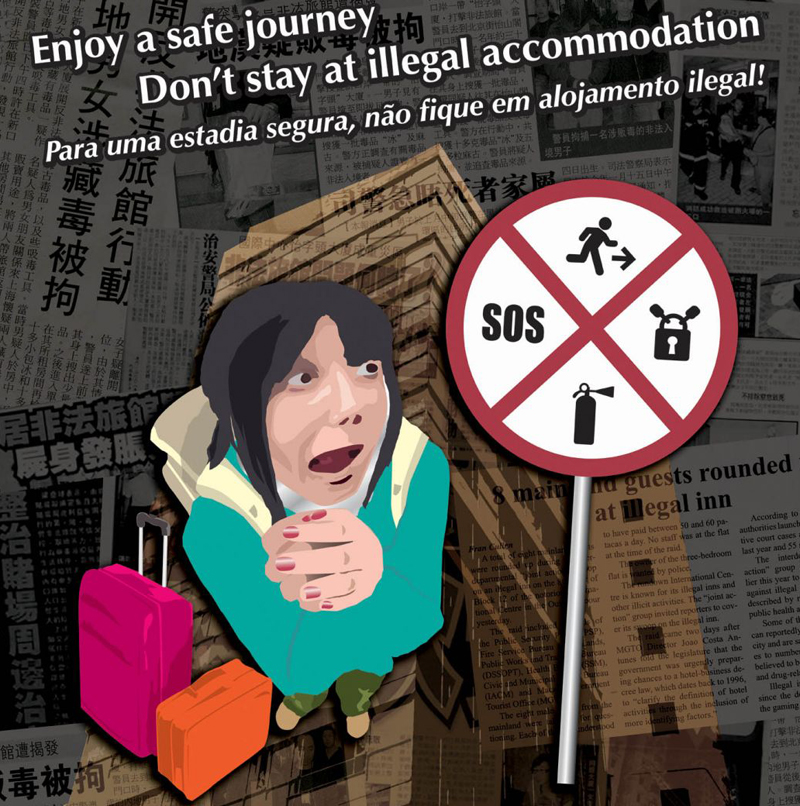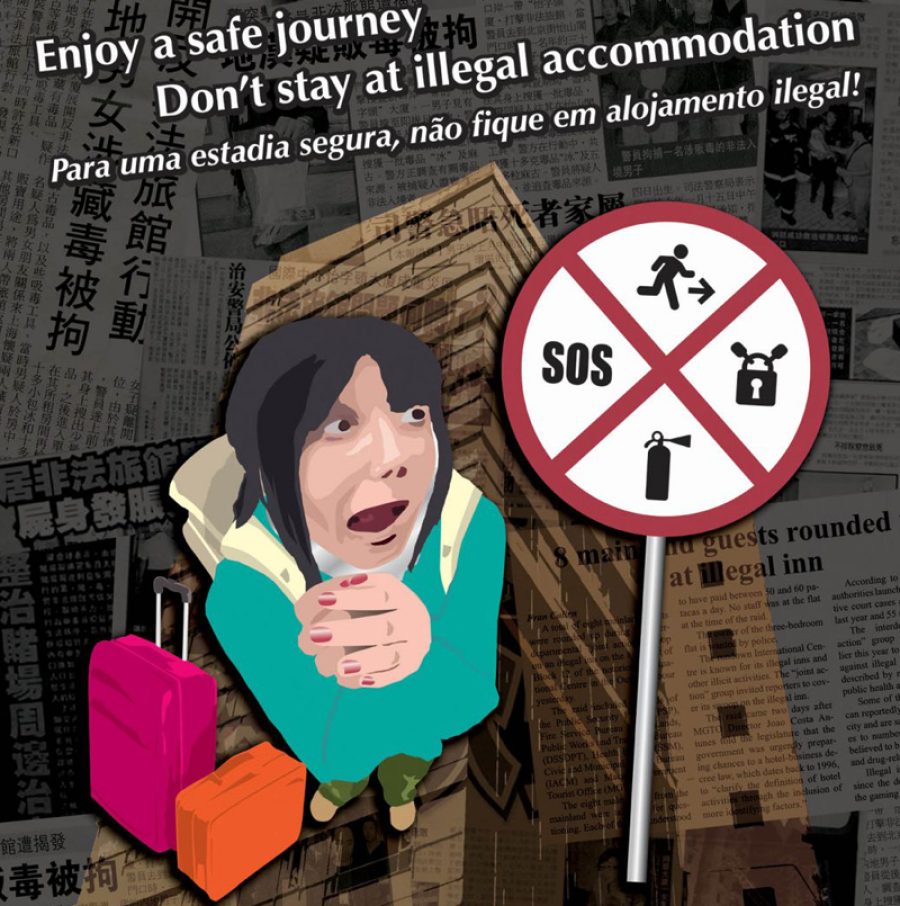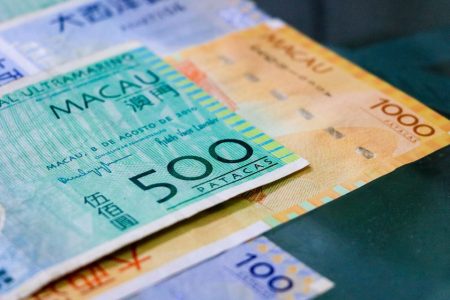Secretary for Social Affairs and Culture Alexis Tam Chon Weng said in the legislature’s hemicycle Tuesday that he agrees with the view raised in civil society that illegal inns should be criminalised – by amending the law on the illegal provision of accommodation services.
Tam made the remarks when answering questions from directly-elected lawmakers Becky Song Pek Kei and Jose Maria Pereira Coutinho on the last day of a two-day Q&A session about his portfolio’s policy guidelines for next year.
Song noted the various kinds of disturbances caused to residents by the operation of illegal inns in residential buildings. She said that merely imposing a fine on those running an illegal inn does not act as a sufficient deterrent, adding that often the offenders simply open a new illegal inn soon after their previous one was sealed off by the authorities.
Coutinho said that illegal inns are usually in places where criminals choose to hide from the police, adding that it was therefore dangerous for non-security officials to inspect suspected illegal inns.
The two legislators urged the government to criminalise the operation of illegal inns by drafting an amendment to the current law.
Law 3/2010 on the Prohibition of Providing Illegal Accommodation came into force in 2010. According to the law, those illegally providing accommodation face a fine of between 200,000 and 800,000 patacas. The law also states that those who solicit clients to stay in an illegal inn face a fine of between 20,000 and 100,000 patacas.
Commentators and civic leaders have repeatedly urged the government to criminalise the illegal provision of accommodation by proposing an amendment to Law 3/2010. They have said that the current law does not act as an efficient deterrent to those running illegal inns as the offenders only face a fine and cannot be held criminally liable.
The legislature would have to vote on any government-proposed amendment to the law.
According to the current law, it is officials of the Macau Government Tourism Office (MGTO) who carry out inspections on whether illegal accommodation is being provided. MGTO officials can request police assistance, especially when they encounter resistance while carrying out their duties.
According to the law, if a flat is suspected of being used as an illegal inn, the MGTO director can impose temporary measures such as the sealing of the flat and the suspension of its water and electricity supplies.
During yesterday’s plenary session, Tam said that since the current illegal accommodation law took effect in 2010, MGTO officials have sealed 1,239 residential units for the illegal provision of accommodation services.
Tam said that many irregularities and even illegal activities have occurred in illegal inns, adding that it was therefore dangerous for MGTO officials to inspect such flats. He said that consequently every time MGTO officials carry out such inspections, they routinely request gun-carrying police officers to accompany them. He said that therefore the efficiency of the law enforcement by MGTO officials was low.
Tam noted that those running an illegal inn merely face a fine, which he said means that the “cost” for them to commit the offence was “too low”. He said that the criminalisation of the operation of illegal inns would act as an efficient deterrent to potential offenders, particularly non-locals.
Tam said that he was aware of the fact that Secretary for Security Wong Sio Chak disagrees with the criminalisation of the operation of illegal inns. The policy secretary said that while he respects Wong’s view on this matter, he still personally hoped that the operation of illegal inns would be criminalised – by proposing amendments to the current law on the issue.
According to The Macau Post Daily during the Q&A session in the Legislative Assembly (AL) about his portfolio’s 2019 policy guidelines last week, Wong said it was not a good idea to criminalise the illegal provision of accommodation by amending the current law.
During the session, Wong said that solving particular problems by judicial means would always incur a high cost, adding that the criminalisation of particular offences should always be used as the last resort to solve them.
Wong said that if the offence of running an illegal inn would be criminalised, it would only amount to a minor crime based on Macau’s legal system. He said that in this situation, non-custodial probation would typically be granted to the offender if he or she was found guilty of running an illegal inn, adding that this would not act as a deterrent.
Wong said that strict evidence was required to prove the offence of running an illegal inn, therefore a possible lawsuit could last for a long time if the defendants decided to file an appeal.






